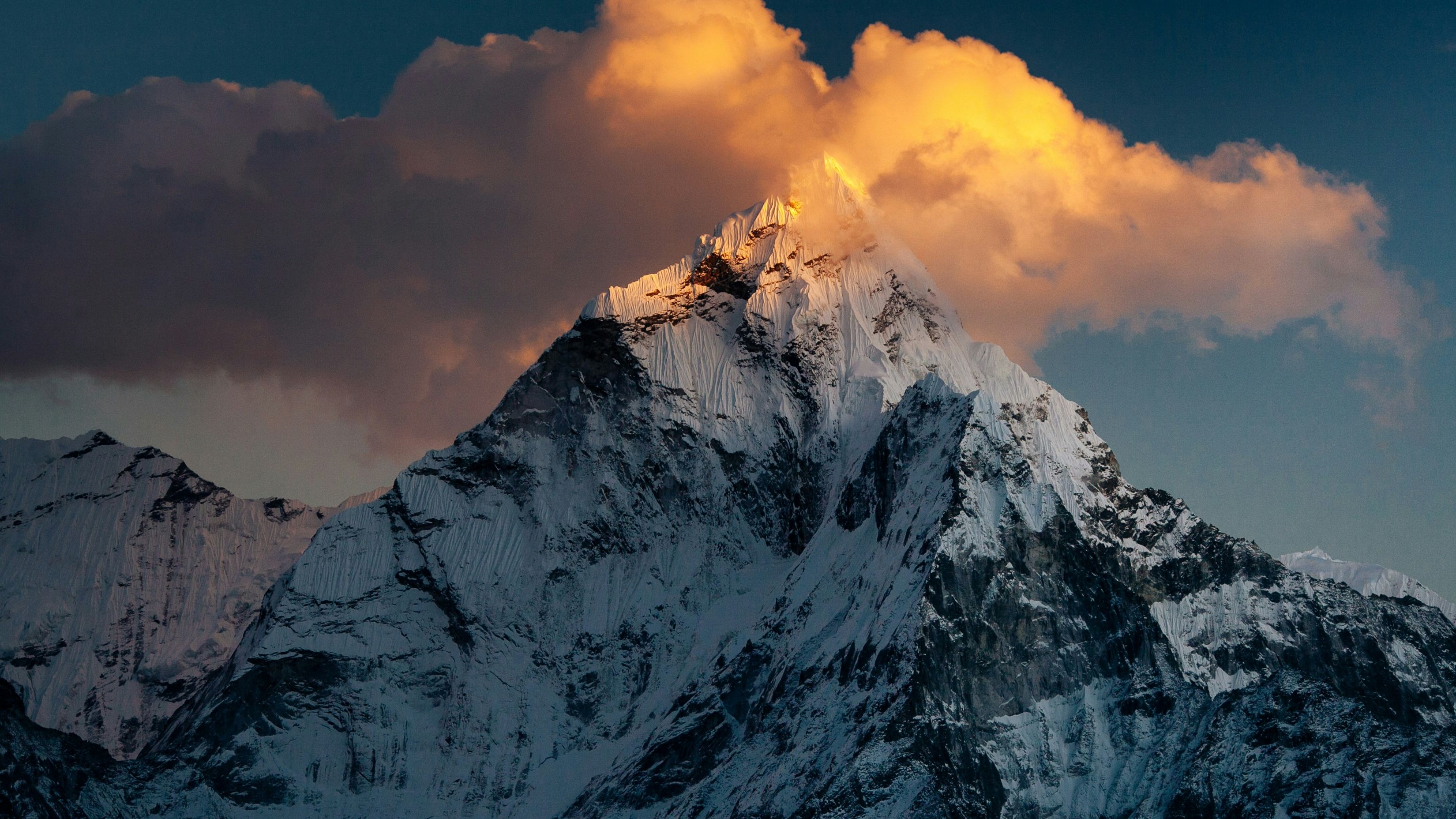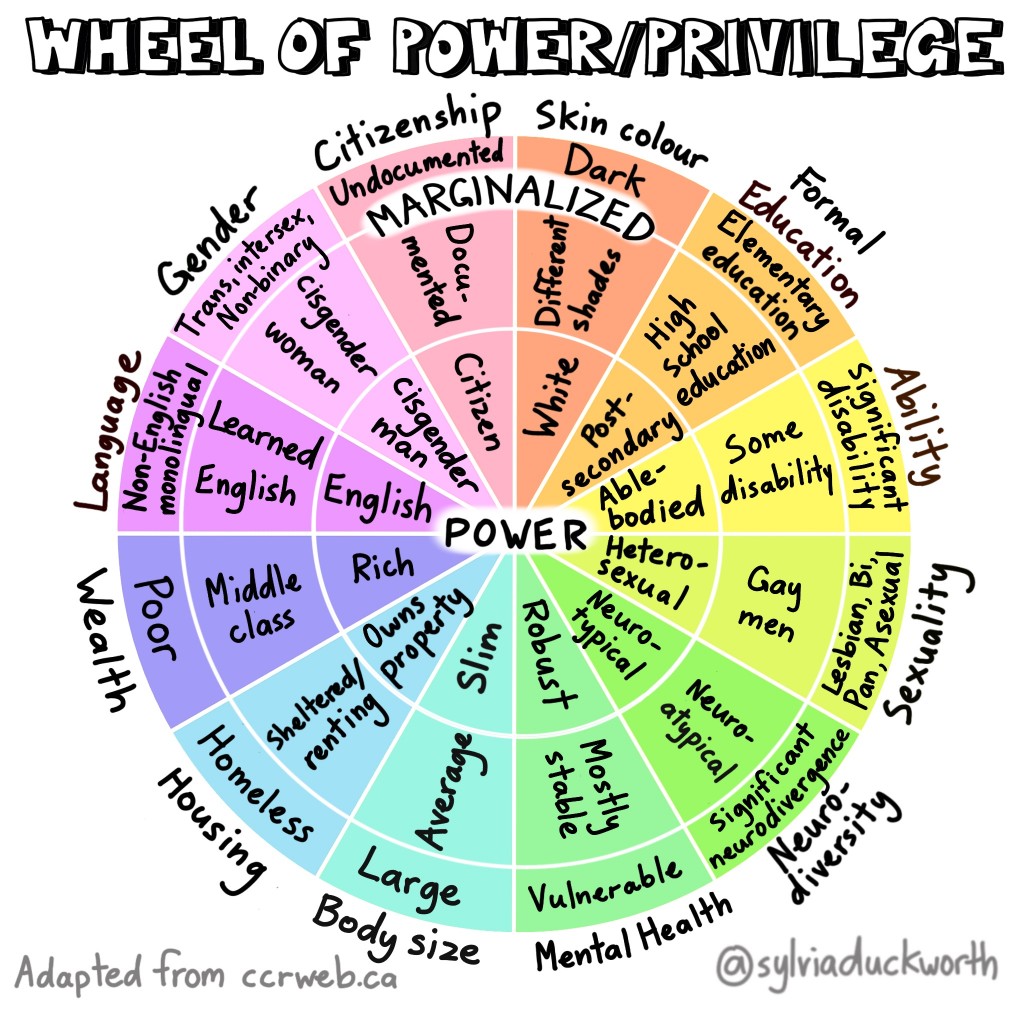The Altitudes of Awakening: Why We See Suffering Differently
Sep 07, 2025
I didn't know that's what it was, but I started studying suffering when I was 16.
While I was undeclared during my first two years in college, I'd already taken advanced Philosophy and Psychology classes in high school.
When I later declared psychology as my major in my second year of college (where I was already a junior), I'd been taking philosophy and spiritual studies classes along the way.
I had always sensed that Catholicism couldn't hold space for all that I was finding myself to be, but I didn't know where else to look.
So I looked everywhere, and these were the seeds that would later awaken me.
From the moment I began to awaken in 2021, I knew that pain—personal, cultural, collective, ancestral, cosmic—is not one-dimensional.
My work and life have taught me to navigate across altitudes: from biology to spirit, from ancestral memory to future vision, from the intimate rituals of a body in grief to the vast rivers of humanity in crisis.
I have approached suffering through the body’s wisdom, through the fire of ritual, through the chorus of ancestors, through indigenous and cosmic teachings.
I have explored it through liberation psychology and identity theory, as well as intersectional understandings of race, migration, and gender.
And I have turned it inside out through creativity—the kind of creativity that transforms what is violent into what is holy, what is fragmented into what is whole.
Because of this, I know that there are altitudes of awakening.
Not everyone sees suffering the same way, nor should they.
But when we stand at different altitudes, we can mistake one another’s gaze for indifference, dismissal, or distance—when in truth, we are simply looking from different heights.
The Altitudes of Awakening
As I've deepened my meditation, embodiment, and liberation practices, I've witnessed myself and others go through a series of spirals (it's not a hierarchy) that represent different vantage points.
Human suffering is incredibly overwhelming when we awaken to it. It does grow in depth and complexity when we start to zoom out of our personal identities and into the greater ocean of the human experience. And these lens allow us to see the human condidtion as one that can be alchemized within.
1. The Immediate Pain Altitude
At this level, the focus is survival. It is raw and urgent: “My people are hurting. My story must be heard. My community is suffering.”
Here, activism often takes the form of protest, rallying, and centering the wound of one community. This altitude is vital. It breaks the silence. It demands the world listen. It moves us to action.
2. The Comparative Pain Altitude
Here, suffering is measured, ranked, and sometimes weaponized. “Our pain is greater than yours. No one else suffers as much as we do. We are the greatest victims of society.”
It can lead to tokenism, resulting in awkward attempts at “diversity” that lack genuine relational depth. This altitude can fragment us, but it also reveals where solidarity has not yet been embodied. Holding space for the pain can be overwhelming, and can result in not being able to see how others suffer too.
3. The Collective Pain Altitude
At this height, the intersections of suffering start to emerge. We begin to see how colonization, genocide, slavery, migration, ableism, gender violence are not separate rivers but one torrent.
Liberation is no longer tribal—it is shared. Activism here is systemic, relational, intersectional. This is where I first learned to weave across communities, to hold both Black Lives Matter and Indigenous sovereignty, both immigrant struggle and neurodivergent visibility, both women's rights and LGBTGEQIAP+ rights together.
4. The Cosmic Alchemy Altitude
And then—there is the wide, high view. “All suffering is one interconnected ocean.”
Here, the battlefield shifts. Activism is not abandoned but expanded: into energetic warfare, into ancestral prayers, into art, into intersectional spaces, into community, into leadership frameworks, into alchemizing the war within so we may change the frequency of what exists without.
This is where I now spend much of my work: not bypassing pain, but transforming it into creation, into Queen Mindset Leadership—a system that refuses to fragment identity, teaching us to reign in wholeness.
Why We Clash in Perception
When two people stand at different altitudes, their ways of caring can feel incompatible.
At the immediate altitude, care looks like outrage, lament, presence in the streets.
From the cosmic altitude, care may look like stillness, ritual, creation, and leading with love.
Both are true. Both are necessary.
However, if we do not acknowledge the difference, we may accuse each other of not caring, when in truth, we are simply operating at different levels.
But altitude is not the only reason. Identity also shapes how we meet suffering.
We do not enter the conversation of suffering as blank slates.
We enter with bodies and stories—marked by race, gender, citizenship, sexuality, class, language, neurodivergence, ability, faith, and more.
Some of these identities carry privilege and power in a given space; others carry marginalization and risk.
This is what the wheel of power and privilege shows us: where we are centered, where we are pushed to the edges, and how this positioning changes across context.

When we are not aware of how our identities shape our lens, we risk blind spots.
-
A person who has never had to fear deportation may not understand why immigration news cuts so deeply.
-
A person with financial security may not feel the embodied panic of those living paycheck to paycheck.
-
A person who is neurotypical may not grasp the daily labor of someone navigating sensory overwhelm.
This does not make them heartless. It makes them unaware. And unawareness, unless transformed, becomes dismissal.
What often looks like “clashing values” is sometimes just a collision of vantage points—altitude and identity.
Without reflection, we assume others should respond as we do.
With reflection, we begin to see that each response arises from a different location in the wheel, a different layer of altitude.
Reflection for You
Take a moment with these questions:
-
Where do you hold privilege on the wheel of identity? Where do you experience marginalization?
-
How do those positions shape what suffering feels “urgent” to you?
-
Where do you notice yourself clashing with others about what matters most? Could altitude or identity be shaping that clash?
- Are you willing to honor that multiple truths can coexist—that your way of caring may not be someone else’s, but both may still be valid?
In closing, suffering will always exist. But how we relate to it, alchemize it, and create from it—that is what determines whether we perpetuate cycles of violence, or birth new worlds.
I choose creation. I choose alchemy. I choose love as warfare.
That is the altitude from which I reign.



